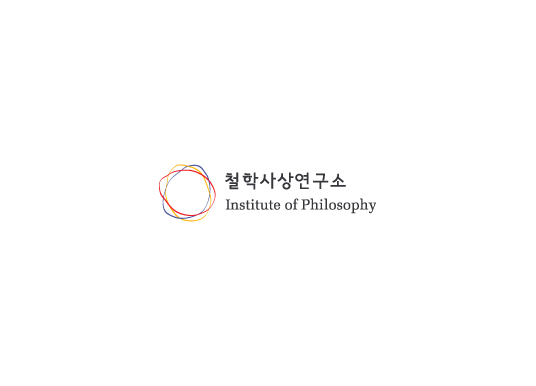조선시대 법가에 대한 비판과 수용
On Criticism and Acceptance of Legalist School in the Joseon Dynasty
이 글은 조선시대 유학자의 법가에 대한 비판과 수용 양상을 고찰한 것이다. 조선에서 법가는 기본적으로 이단으로 간주되었으나, 현실 정치의 유용한 자원으로 활용과 수용이 제한적으로 이루어졌다. 이는 법가 사상이 유학적 학문 체계에서 완전히 배제된 것이 아니라, 일정한 필요에 따라 실용적으로 활용되었음을 시사한다. 이를 확인하기 위해 조선 유학자들의 법가에 대한 인식을 부정과 긍정으로 유형화하고, 각기 다른 수용 방식과 비판의 논점을 분석하였다. 유학자들은 법가를 단순히 배척하기보다는 문장 훈련, 정치 전략, 현실 비판의 도구로 삼기도 했으며, 일부는 법가의 개념을 유학적 틀 안에서 재해석하려는 시도도 보였다. 이는 조선 학자들이 법가를 단일하고 고정된 사상 범주로 인식하지 않았음을 의미한다. 따라서 법가의 사유는 조선 유학의 전개과정에서 일정한 역할을 수행하고, 시대적 맥락 속에서 다양하게 사유된 지적 자원이라고 할 수 있다.
This study examines how Confucian scholars in the Joseon dynasty perceived and responded to Legalist thought. While Legalism was fundamentally regarded as a heterodox school, it was selectively utilized and partially accepted as a practical resource for statecraft. This suggests that Legalist ideas were not entirely excluded from the Confucian scholarly framework but were employed pragmatically when deemed necessary. To demonstrate this, the study categorizes Confucian responses to Legalism into Negative and Positive types, analyzing their distinct modes of reception and criticism. The findings reveal that Joseon scholars did not simply reject Legalism but also used it as a tool for rhetorical training, political strategy, and critical reflection on contemporary issues. Some even attempted to reinterpret Legalist concepts within a Confucian framework. This indicates that Legalism was not perceived as a fixed ideological category, but rather as a flexible intellectual resource that played a meaningful role in the development of Confucian discourse in the Joseon period.
서울대학교 철학사상연구소
서울대학교 철학사상연구소 박지현

